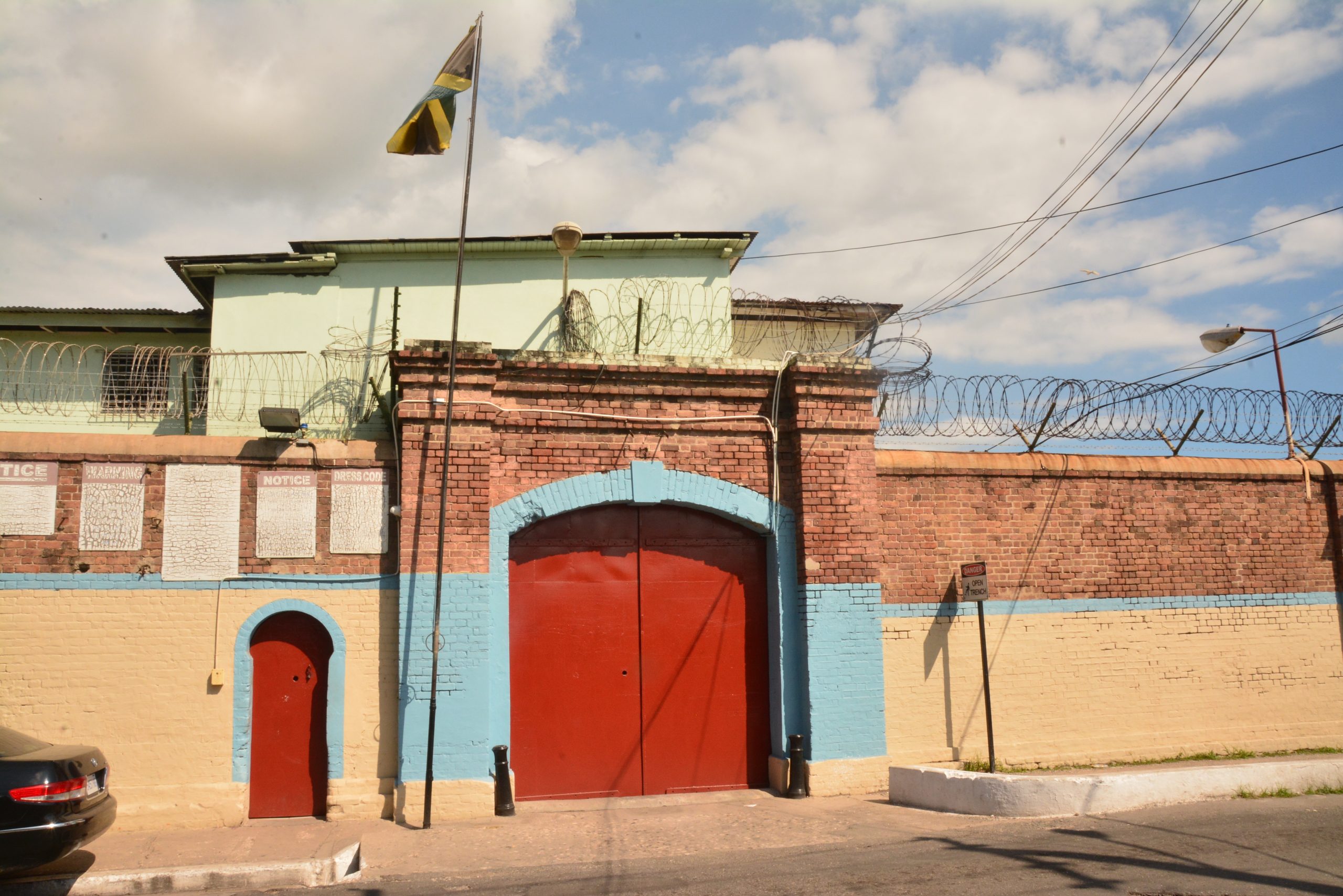The Department of Correctional Services (DCS) notes the article published in the Jamaica Observer dated July 15, 2025, titled ‘Prisoners complain of harsh conditions at St. Catherine Adult Correctional Centre’. While we acknowledge the public’s interest in the treatment and conditions of people in custody, we are obligated to address several inaccuracies and contextual gaps presented in the article.
Visitation and Recreation Rights
The allegations that inmates at the St Catherine District Adult Correctional Centre (STCDACC) have been deprived of visitation or recreation rights due to any form of industrial action by correctional officers are entirely unfounded and without merit. All standard procedures regarding inmate welfare and daily routines continue to be upheld in full compliance with established correctional regulations.
Convicted inmates are allowed two monthly visits and a “food day” every first and third Wednesday each month. Additionally, inmates from the work party and rehabilitation programme are released from their cells daily for recreation from 6:00 a.m. to 6:00 p.m.; the general population from 9:00 a.m. to 12:30 p.m., then 2:00 p.m. to 4:45 p.m.
Furthermore, all obligations outlined in the Heads of Agreement have been satisfied. Consequently, operations across all correctional facilities remain stable, with no reports of disruption.
Parole
The application process for parole in Jamaica involves several steps designed to assess the inmate’s readiness for reintegration into society. Once eligible, the inmate, or someone acting on their behalf, must submit a formal application to the Parole Board.
This application must include a fixed address where the inmate plans to reside upon release, complete with identifiable landmarks and contact information to allow for proper supervision. Additionally, the application should list individuals who will assist in the inmate’s rehabilitation.
Once submitted, the application is reviewed in conjunction with several reports including those from the superintendent of the correctional facility and probation aftercare officers. Additional assessments such as medical, psychiatric, and behavioural evaluations, help the Parole Board determine whether the inmate has demonstrated meaningful reform and whether their release poses any risk to public safety.
Inmates are encouraged to keep track of their parole eligibility. However, officers are proactive in engaging and assisting inmates with the parole process.
Sanitation and Living Conditions
Sanitation at the facility is maintained through scheduled and supervised cleaning routines carried out by a sanitation party of inmates and officers. These practices are supplemented by deep-cleaning operations and targeted environmental management, especially during times of heightened health risk.
Annual Administrative Inspections
As a public body accountable to the people of Jamaica, we conduct annual administrative inspections as a key internal mechanism to evaluate our standards, processes, infrastructure, and service delivery. These inspections help us identify gaps, address inefficiencies, and continuously improve the quality and effectiveness of our operations.
Rehabilitation and Reform
The STCDACC boasts one of the Department’s most robust and active rehabilitation programmes. It offers academic, sports and vocational training for inmates who opt to enrol in the programme. Academic offerings include associate and undergraduate degrees in Business Administration through a partnership with the University of the Commonwealth Caribbean (UCC) and Stand Up for Jamaica; CSEC subjects including Mathematics, Principles of Accounts and Principles of Business; a High School Diploma Equivalency programme; as well as a wide range of certified vocational skills training including carpentry, welding, landscaping, and tailoring. Inmates are also exposed to psycho-social and life skills programmes executed by welfare case managers.
In March 2025, the institution hosted a special awards and recognition ceremony for programme graduates. In May, the STCDACC’s chess team placed sixth out of 19 countries at the First Continental Online Chess Championships for Prisoners.
For the 2024 academic year, the STCDACC produced Summa and Magna cum laude UCC graduates (inmates and officers) with one inmate receiving the Highest Academic Distinction award with a GPA of 3.82. Notably, 22 inmates were registered for the 2024 CSEC exams, with 16 successfully passing at least one subject.
The institution is now gearing up to participate in the 2025 National Senior Spelling Bee competition.
Medical
The institution receives a Medical Officer at least three times weekly, a Psychologist once weekly, a dentist twice weekly, and a Psychiatrist three times weekly. After medical services are provided, prescriptions are faxed or emailed to the medical unit where medication is dispensed within a maximum of three days.
At no time are expired medications dispensed to inmates. Approximately 95% of pharmaceutical supplies are provided by the National Health Fund (NHF) and medications are ordered biweekly on average.
While delays may occasionally occur, particularly for special-order medications, the Department is actively working to strengthen internal processes and reduce turnaround times.
The DCS does not take lightly the concerns expressed by inmates or advocacy groups. However, we urge balanced and responsible reporting that reflects the complexities of correctional management.
The DCS remains committed to upholding the health, safety and dignity of all people in our care, while maintaining institutional order and security.


